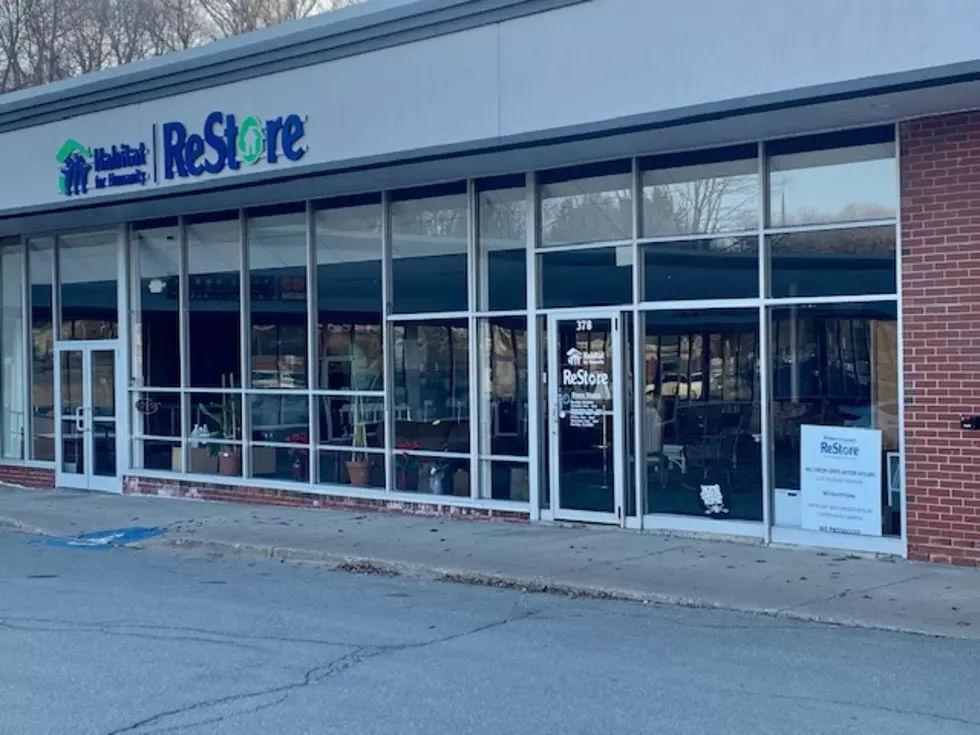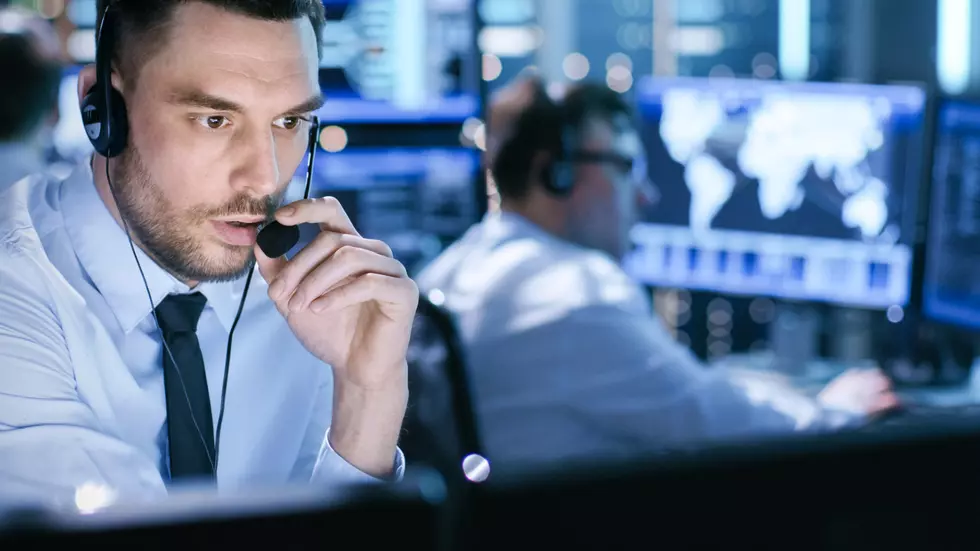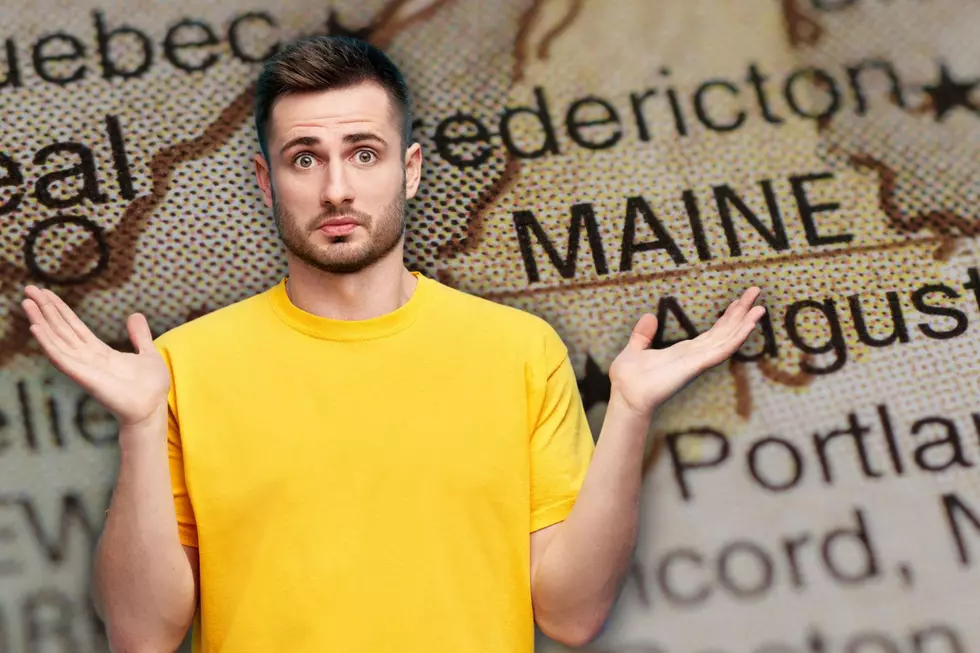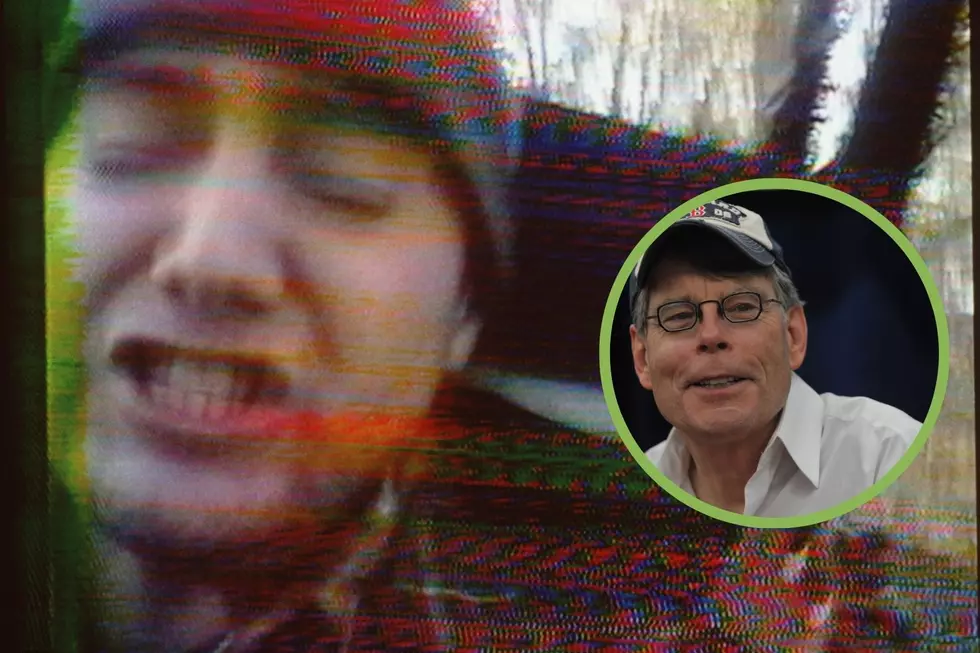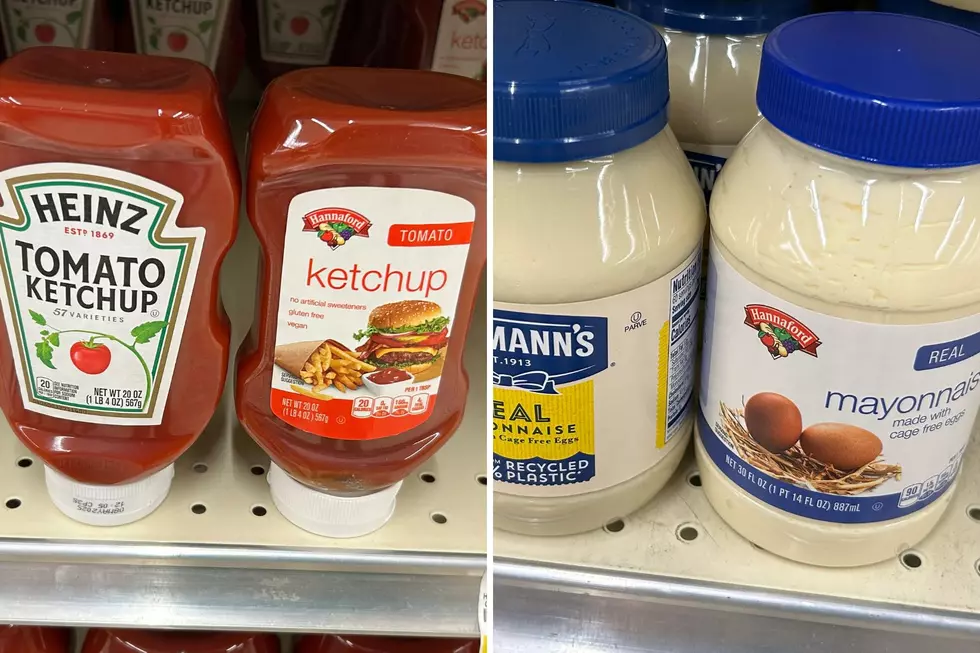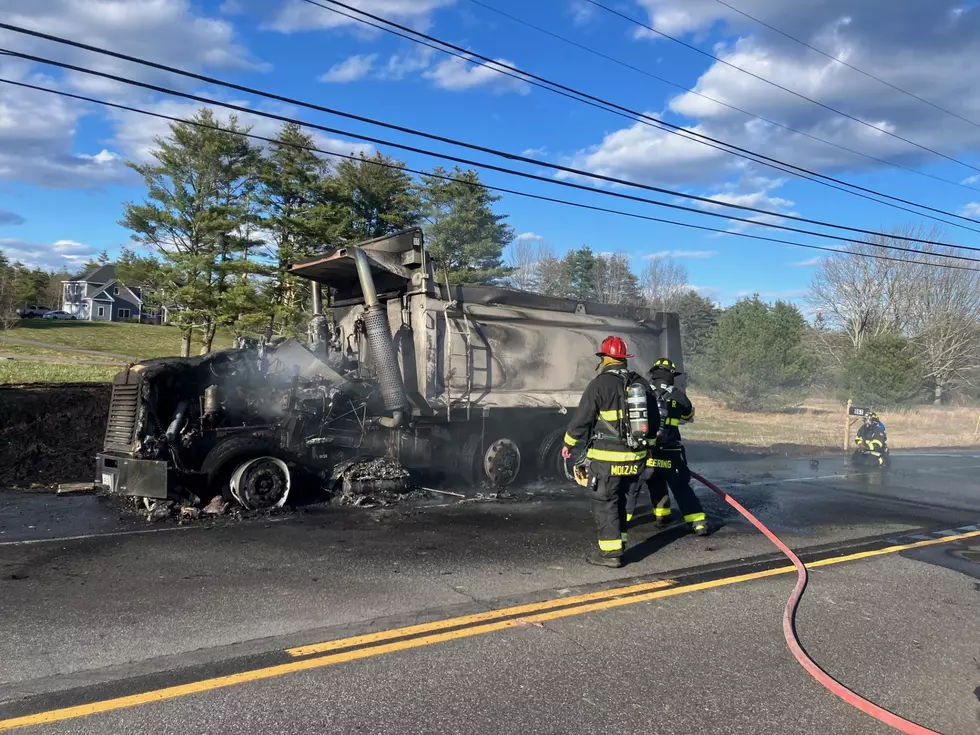
Paul Verhoeven on ‘Elle,’ ‘Showgirls,’ and How Trump Will Affect Cinema
After a three-decade career, Paul Verhoeven remains one of our most provocative filmmakers, and his latest effort is no exception: Starring the incomparable Isabelle Huppert, Elle is a challenging exploration of one woman’s atypical response to sexual assault. It’s also a remarkable balancing act between darkly comedic drama and psychological thriller, and, as with most Verhoeven films, it’s quite divisive. So it seemed fitting that I spoke with the iconic Dutch director the day after the Presidential election.
As it turns out, speaking with the director of films like RoboCop and Starship Troopers had a restorative effect on my post-election existential hangover. And in light of the election results, Elle feels more important now than it did when I first saw it two months ago: It’s the story of a woman whose past trauma does not define her, but it does inform how she responds to the experience of sexual assault in the present. She challenges our collective notions of how victims should react and behave, and it’s really empowering. It’s also impossible to imagine anyone besides Isabelle Huppert in the title role, which is where my conversation with Verhoeven begins:
There really is no one else on this planet who could play that part.
In retrospect, I fully agree with that. You know that originally we thought it would be an American movie and we were looking for American actresses, and finding out that nobody wanted to do it. In retrospect it’s clear that the fact that we could not have made this film in United States gave us Isabelle Huppert — and that is something of a level that I’ve never worked with before.
It almost feels like her entire career was leading to this role.
Yeah, absolutely. I don’t know all her movies, but I think she really — I mean, even before I was part of this project, before it was assigned, she sent me the book. Isabelle Huppert had already contacted the writer, Philippe Djian and the producer [Saïd Ben Saïd] to say that she wanted to do this movie. But aside from that, knowing better or thinking that we knew better, we felt we had to make this an American movie. Only then we failed, of course, and found out that no American actress wanted to do this. There was also no desire or any kind of financial co-production deal or whatever, so that when we went back to France we immediately called Isabelle and said, “Sorry, we went the wrong way. Are you still willing to do this?” And of course, she wanted to do it immediately.
In hindsight, do you really think that an American version of Elle would have been as effective?
No. I don’t think that anymore [laughs].
After having an amazing lead and being able to work with one of the most talented people in the film world, I think that it would have been much more difficult to get this level of authenticity where you would accept — even if you sometimes don’t sympathize and where you probably sometimes even question — her actions, the way she behaves and what direction she goes. But because of the authenticity of Isabelle and her extreme talent, you are still interested in what she’s doing. I think it would have been very difficult to find anybody else in the world who would be able to do this. I strongly believe that and I think I have to be — [laughs] you could say thankful that it was not an American movie and that we found our way back to France and made perhaps a very French movie, but certainly a movie where, let’s say, the level of acting is extremely high.
You’ve had your share of difficulties in Hollywood, where there’s been a distinct decline in mid-budget studio films — the equivalent of the middle-class. Do you think electing a capitalist like Donald Trump will make things easier or more difficult for filmmakers?
No. I don’t think this will change the situation. I cannot see that, but of course I’m no American. Although I’ve lived here now for 30 years, I’m probably still more European than American, but I have the feeling that, let’s say, what happened yesterday will spread out over the next, whatever — likely four years. It’s certainly not to my advantage and many others. I feel it as a threat. I don’t think we’re going to make better movies now, no [laughs].
Creatively speaking, do you feel as though this will inspire more challenging and engaging films?
Yeah, sure. Although you might have to put it into a different context, and not directly basically translate what happened now into drama or into a screenplay because I think you’re too close to judge all of that. But certainly, take certain other elements in the world, things that happened, say, in 1933 in Germany, that you can perhaps compare to this and tell your story about now through the past — through something else that is similar or could be similar, whatever.
I think if you take it straight on, probably, that you might have to work and wait five to seven years before you have enough insight into what this really is and is going to be. To react now artistically to events that happened recently feels always, to me, as extremely difficult because you are so close and you don’t have all the information, and it’s only within the next couple of years that you’ll find out what this is all about and what direction this really went. So I would not think, let’s do this immediately and find something that basically describes this — it’s difficult to even make a movie about [Edward] Snowden. It’s more that it inspires you to make movies.
And a non-political movie like Elle can feel incredibly important in our current political climate. Empowering, even.
Yeah. It’s a woman that basically sticks to her own rules. It’s a woman who doesn’t want to be a victim, she wouldn’t even want to be seen as a victim. She finds her own path within the limitations of her upbringing and all the drama. She finds a way to be herself and to solve this assault to put that basically behind her in a complete and total way.
No two individual experiences are the same. You can’t place every person who has been sexually assaulted under the same blanket of expectations.
Of course not. It’s not for nothing, probably, that Philippe Djian, the writer of the original novel, basically gave her this background [with her] father and what happened there. I’m sure that — although we don't touch the causality of her behavior versus what happened to her in her youth, we have that information and we see her character based on the information that we have, as an audience, and by that I think we can guess more or less what goes on in her head, because you never know. There’s an unspoken thing, a sort of mystery about the way she plays Michele in the movie, but I don’t think you ever doubt about the authenticity of that character. I think that’s probably the best way to express this.
During the Q&A at the New York Film Festival, someone asked you if this is a feminist film, and you said…
I said no, and I’m not saying exactly no. I remember what I said, I used to be a feminist. I meant that basically, of course, in a funny way.
Given your notoriety as a provocative filmmaker, I wasn’t surprised by your answer. I thought, “Oh, he’s totally messing with them” because the answer to that question clearly exists in the film.
I feel strongly about women, of course, and I feel that women are, in general to me, more important than men. I really grew up in a society, in Holland of course, where the girls at that time in elementary school and in high school were always better than me. I was basically forced to accept it, let’s say as minimum equality, that often I would even argue for superiority of the women. I mean, that’s part of education and perhaps my family or whatever. I have of course portrayed many what you would call “strong women” in my movies.
There’s another director who probably would have the same reaction to that question. Are you familiar with Nicolas Winding Refn?
Ah, I met him at Cannes!
He told me that story when I interviewed him a while back.
You know what he said to me?
He told you, “I’m the younger version of you.”
Yeah! [laughs]
I agree with him!
That was funny. In fact, we were sitting there at some lunch and he came up to me and said, “Congratulations on the movie,” and stuff. “Well you have to know I’m the new Verhoeven,” or whatever he said. [laughs]
Have you seen The Neon Demon?
I have seen it.
Did you enjoy it?
Not always. I felt that sometimes, from my way of editing, it was what you would call “slow.” Perhaps sometimes the stylizing became a little bit too much for me because it then became so distracting. But in general, I thought it was very interesting. I felt that there was something new there and — I don’t feel that he was following my style, certainly not the style of storyboarding and editing. It was more, of course, that the story of this woman that descended through the movie had some similarities, of course, to Showgirls. I think it’s a very interesting movie and very special and I have — I’m sure you would have some problems with some of my things, but I felt that was not all okay in the movie. Most of it I thought was pleasant to me and intriguing, I would say. Intriguing.
When I spoke with him, we bonded over our love of Showgirls, which is a misunderstood masterpiece.
I completely agree.
It’s probably the most misunderstood of all of your films, which tend to be rather divisive.
Yeah, but not on purpose.
Do you prefer to provoke a reaction? Regardless of whether it’s positive or negative, as long as you’re inspiring a passionate response...
Or more that I won’t avoid it. It’s not that I’m setting out to be divisive or provocative or being politically correct. That’s not the point, but it turns out often that I go where other people would stop and I do that because I feel it’s okay, and later of course, I pay a price. [laughs]
So it’s more [that I’m] not stopping anywhere. Really going, really straight into the abyss or into the controversy or the political incorrectness without trying to do that, but — although to a certain degree you are somewhat aware of that, but then you think “Okay, I don’t care.” That’s how I see it, and let’s see what happens if the movie is…sometimes that works really well and sometimes it went very bad.
A pair of writers were recently hired for the Starship Troopers remake…
I saw that.
Apparently, the plan is for the remake to be less satirical than your adaptation.
Yeah, it would be going back to, well, it would be very Trump-y. [laughs]
I’m just not sure that it works without the satirical element, especially now.
Well, sure, because the book is not satirical either. The book is very straight and militaristic and fascistic, sure.
Do you think it’s a good idea to remake Starship Troopers?
No. [laughs] I realize that Edward Neumeier, the writer, and I really had to fight with the book because we didn’t want to only go into — yes, we felt that we would portray these people that way, but at the same time we would tell the audience, “Wait a moment, wait a moment. Look at them, look at what they are doing. These people are part of a fascist utopia.”
Elle is currently playing in select theaters.
More From


